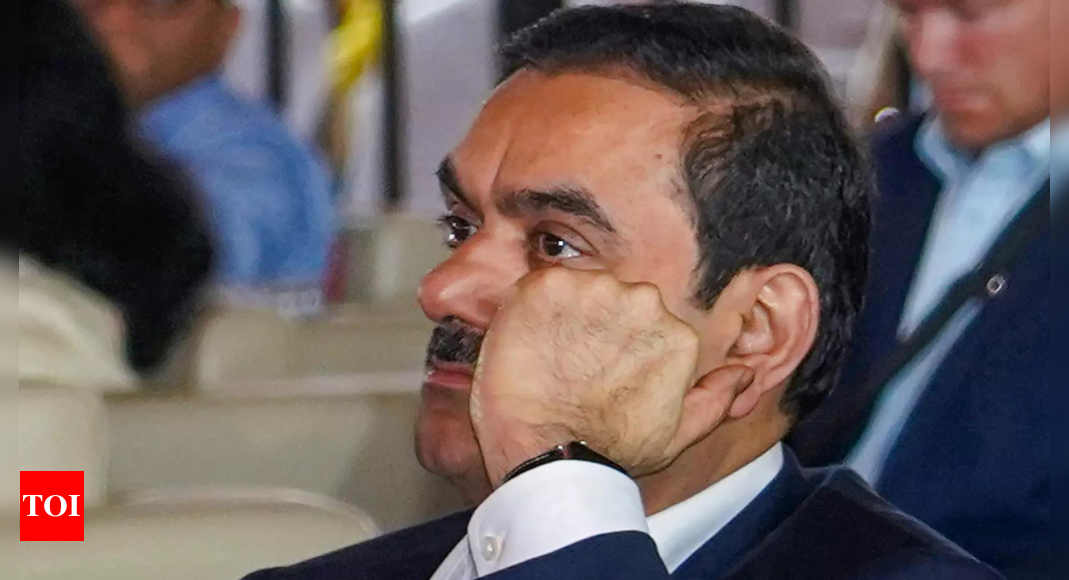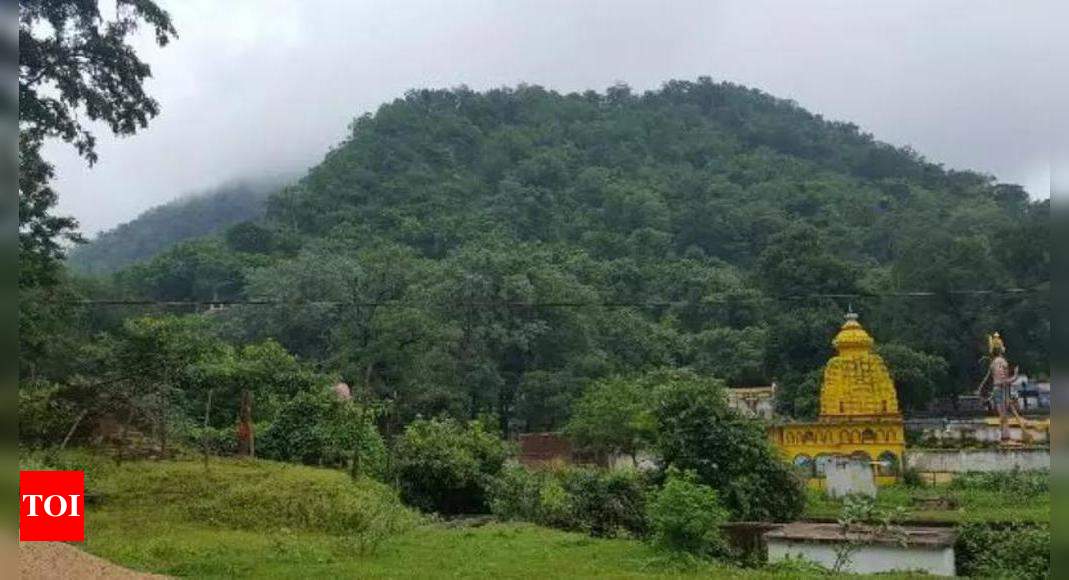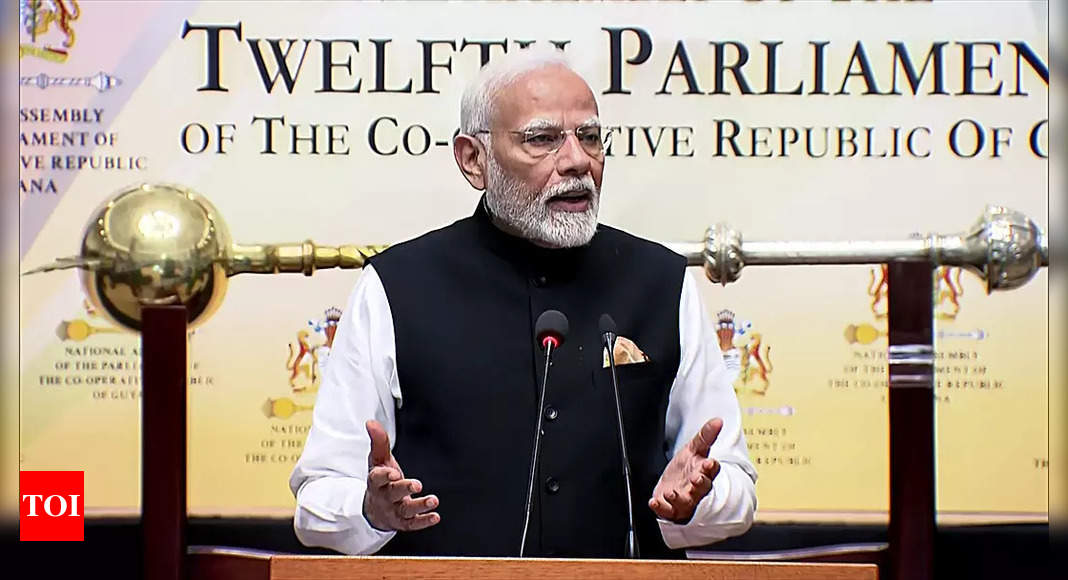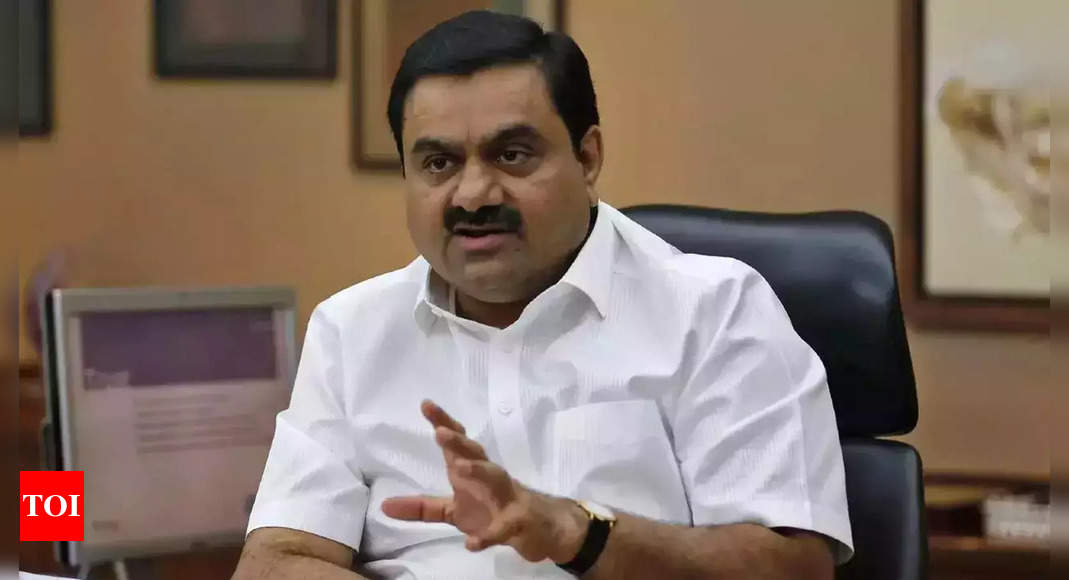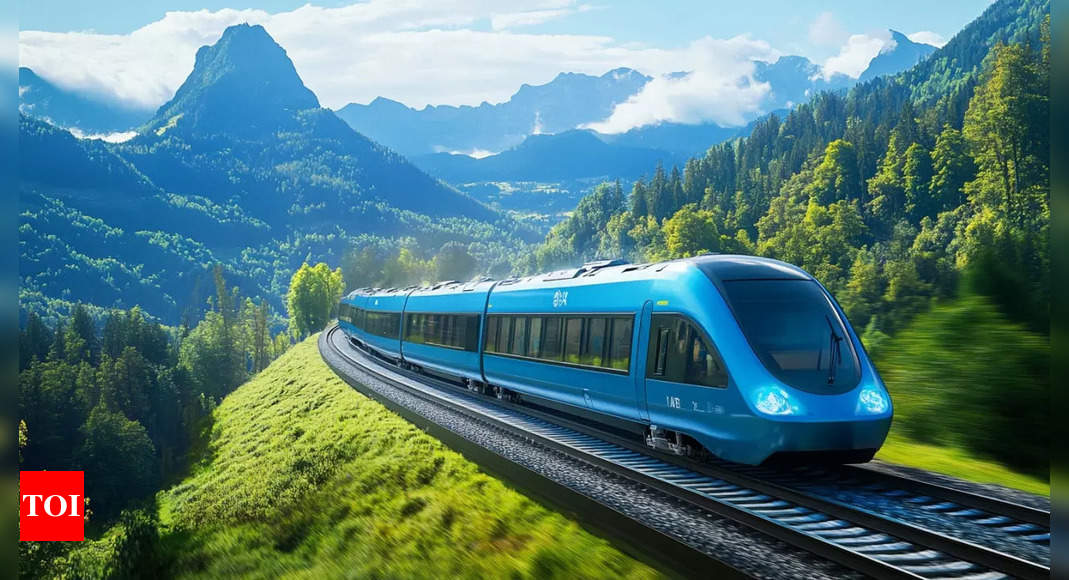
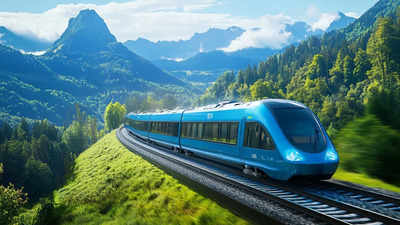
India’s first hydrogen train on tracks soon? Indian Railways has engaged Germany’s TUV-SUD to conduct a third-party safety audit for the country’s first hydrogen train. Officials familiar with the plan anticipate trial runs to commence in December 2024 for this rolling stock.
With this development, India will join Germany, France, Sweden, and China as the fifth nation worldwide to operate hydrogen-powered trains.
Additionally, five Hydrogen Fuel Cell Based Tower Cars (maintenance vehicles) are being developed, each estimated to cost Rs 10 crore per unit.
An official informed ET, “The Indian Railways will have 35 trains under the Hydrogen for Heritage initiative at an estimated cost of Rs 80 crores per train with another Rs 70 crores investment in ground infrastructure per route on various heritage or hilly routes.”
The official added, “The System integration Unit battery and two fuel unit synchronization tests have been successfully done.”
Furthermore, a pilot project is underway to retrofit a Hydrogen Fuel cell on an existing Diesel Electric Multiple Unit (DEMU) rake, along with the necessary ground infrastructure.
This train is scheduled to operate on the Jind-Sonipat section of Northern Railway. “Integration of prototype train is planned in Integral Coach Factory, Chennai,” the official added.
The hydrogen for the train in Haryana will be provided by a 1-megawatt (MW) Polymer electrolyte membrane (PEM) electrolyser located in Jind.
GreenH Electrolysis released a statement indicating that this electrolyser will function continuously, generating approximately 430 kg/day of hydrogen.
The statement also mentioned, “The refuelling infrastructure at Jind will also have a 3,000 kg hydrogen storage, hydrogen compressor, and two hydrogen dispensers with pre-cooler integration, allowing for quick refuelling of the trains.”



